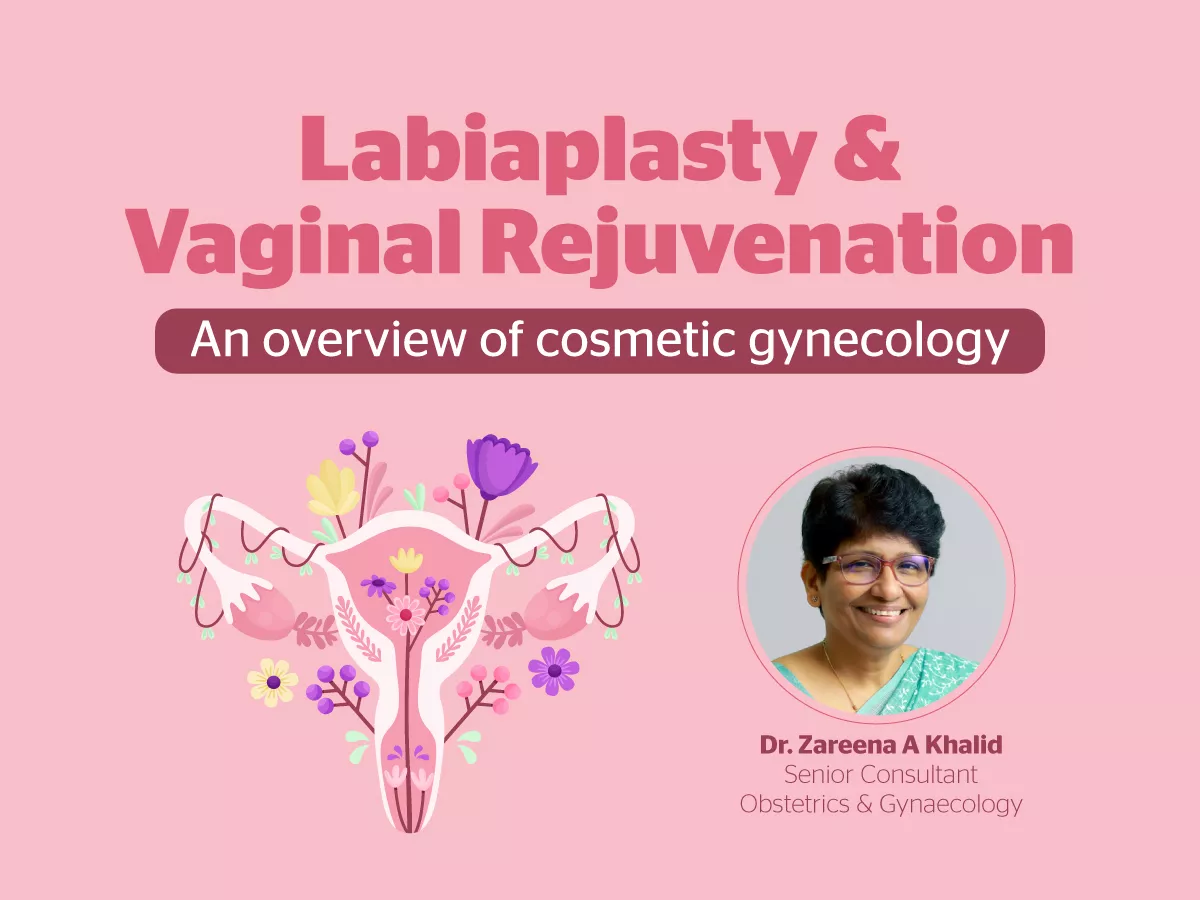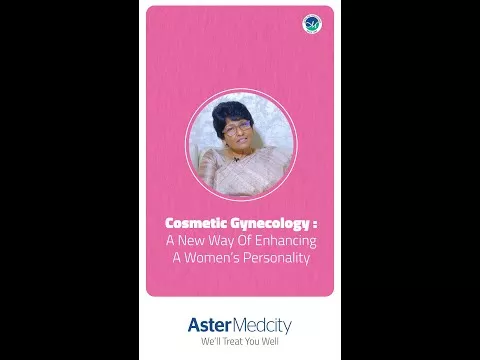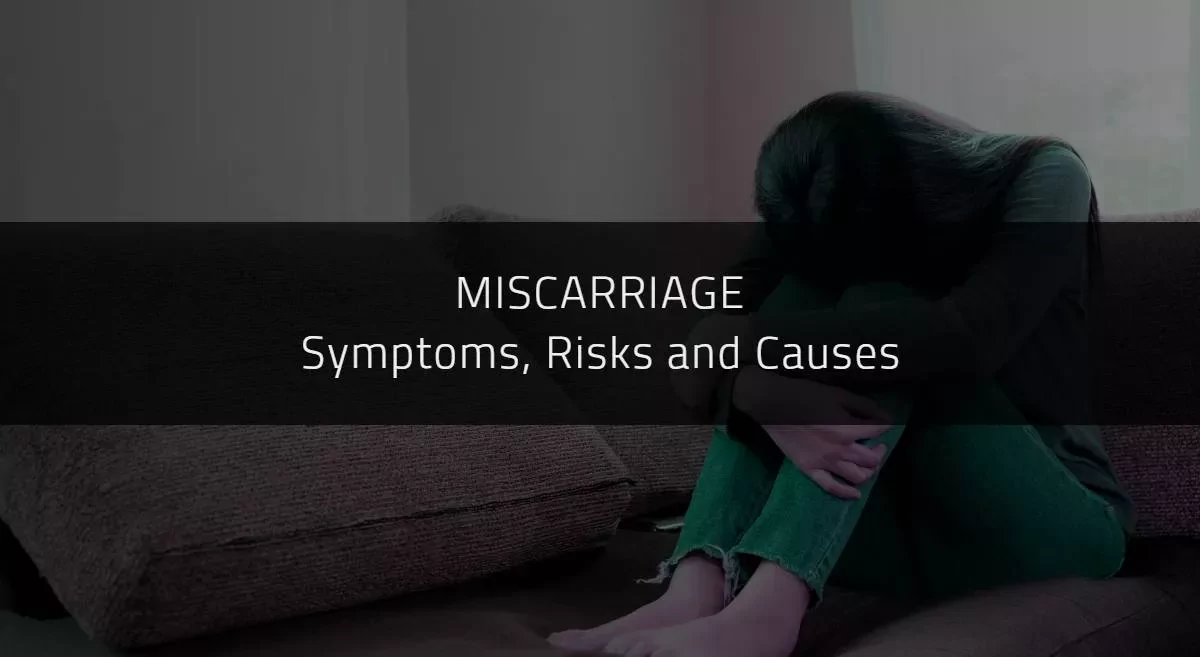Endometriosis affects 10 to 15 percent of women in the reproductive age group. Millions of women all over the world are affected by this condition and it is a cause for extreme distress and depression among women. Many patients seek timely care from a Gynecologist in Kochi Kerala to manage the condition effectively.
What is it?
Endometriosis is the abnormal growth of cells which line the inside layer of the uterus ( endometrial cells) in a location outside the uterus. Endometrial cells are shed every month during menstrual cycle. When these cells are deposited outside it's normal location, they develop to produce endometriosis. Common locations are the ovaries, fallopian tubes, surface of the uterus, adjacent pelvic peritoneum, less commonly intestines, bladder, caesarean scar site( scar endometriosis).
What causes endometriosis?
So far only theories have been put forward, no definite cause identified. Associated with early onset of periods, infertility etc.
What are the symptoms?
Most of the women do not have any symptoms and are unaware that they have endometriosis. However when women do experience symptoms it may include pelvic pain which worsens before and during periods, painful sexual intercourse, pain during bowel movements, diarrhea during periods, pain during urination and infertility. Other symptoms include chronic fatigue, irregular heavy periods, low backache, chronic abdominal pain.
Stages of endometriosis
It is classified into 4 stages according to severity and location of the disease. Stage of the disease need not necessarily correlate with the pain.
What you need to know about infertility and endometriosis
30 to 40 percent of endometriosis have difficulty in getting pregnant. Early to late stage disease can cause infertility by different mechanisms. Endometriosis can damage the fallopian tube, form ovarian cysts ( called chocolate cysts because of the dark brown colour of old blood), both of which affects ovulation. Endometriosis is also known to release certain chemicals which may affect ovulation and fertilization.
How is endometriosis diagnosed?
A gynaecologist can suspect this condition during a routine internal examination. An ultrasound may not be able to detect early endometriosis but will be able to detect later stages and chocolate cysts. A definitive diagnosis is by a surgical procedure, laparoscopy, which is performed under general anesthesiia. We can directly visualize the endometriosis and take biopsies as well as perform procedures to tackle it. Often endometriosis is seen as a surprise diagnosis when a laparoscopy is performed for other conditions.
What is the treatment?
The main aim is to reduce pain, help in fertility and manage bleeding issues. Unfortunately there is no single solution for this progressive disease, neither is there any permanent solution. Treatment maybe medical or surgical.
Use of medications for endometriosis is firstly based on pain relief using simple pain killers which if effective is all that is needed. Secondly the treatment is based on the fact that the monthly menstrual bleeding is responsible for the aggravation of the endometriosis deposits. Thus hormone medications which stop monthly bleeding is very effective like oral contraceptives, progestins, GnRH analogues, Mirena. This treatment cannot be recommended for women planning pregnancy. For any additional queries about treatment , please book an appointment at the best gynecology hospital in India
Can surgery cure endometriosis?
Surgery is useful when patients have severe symptoms or are not responding to medical treatment. Conservative surgery involves ovarian cyst removal and destroying the endometriotic deposits using laser or cautery. Conservative surgery is also useful in women with infertility. Unfortunately recurrence can happen after conservative surgery in upto 40 percent, hence it has to be followed with medical therapy.
Definitive surgery is the removal of uterus most often along with the ovaries for complete cure.
Surgery is also needed in some cases of endometriosis involving the intestines and bladder though rare.
Treatment of an infertile couple is challenging due to several factors involved. A routine treatment helps in most of the couples, though the later stages are better benefitted with in vitro fertilization.
Endometriosis is thus a very enigmatic disease with several modes of treatment, none of which can boast of a complete cure. Early detection can help prevent progression of the disease with advent of newer medications. Endometriosis diagnosed in an adolescent girl continues to be a big challenge.











